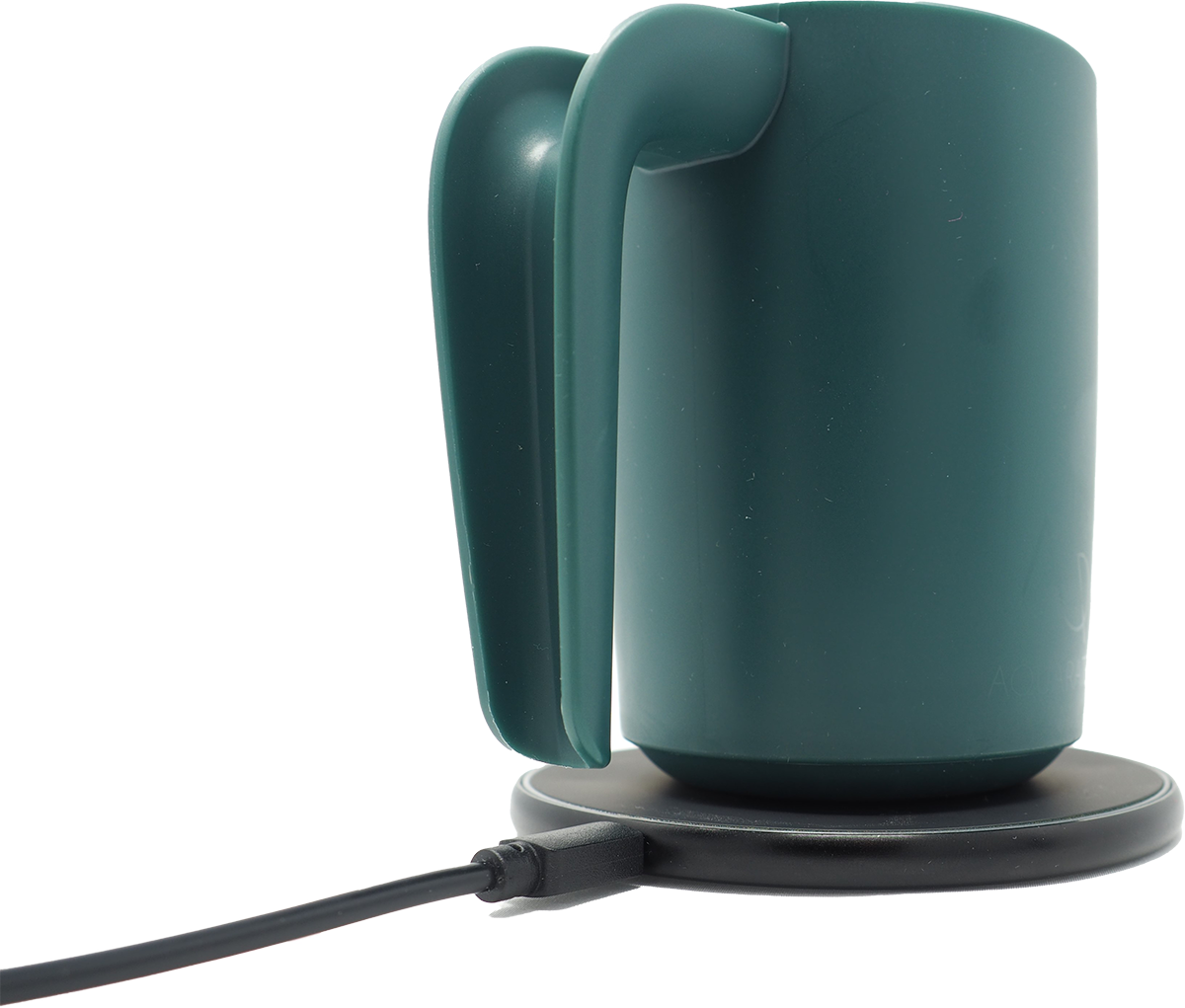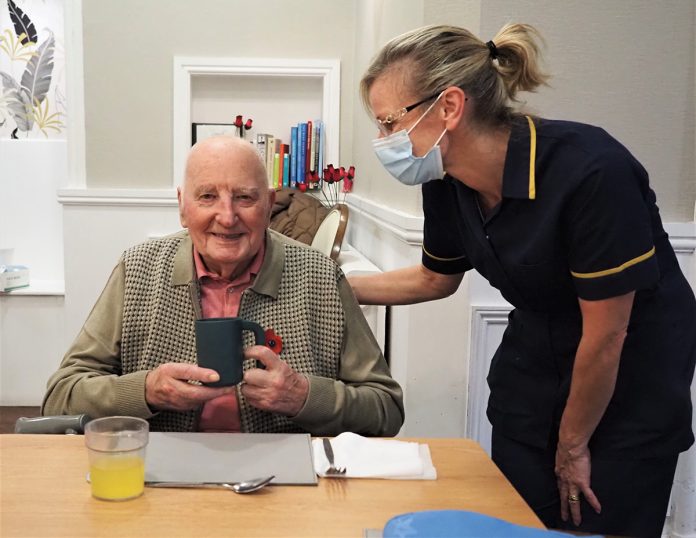We interviewed Gail Howard, Care Home Manager of Lakeside Nursing and Residential Home, to discuss her view on the management of dehydration in care homes and how Hydracup will improve the lives of residents
Aquarate supplies care homes across the country with their simple yet innovative smart cup to revolutionise the way hydration is monitored within care. Aquarate are rolling out their Hydracare system across several care homes under the award-winning Millennium Care Group across Lancashire. Gail Howard, Care Home Manager of Lakeside Nursing and Residential Home spoke to Open Access Government to discuss her perspective on the management of dehydration in care homes and how Hydracup will improve the lives of residents.
Millennium Care takes an innovative approach to care and are keen to continuously develop their services using the best technology available. During the COVID pandemic, it has been difficult to implement improvements, but they are now keen to further develop their tailored care plans using Aquarate’s Hydracare.
Even during COVID, the Lakeside team thought outside the box and had a beautiful visitation lodge installed so isolated family members could visit their loved ones. Lakeside had a 90th birthday and a 71st wedding anniversary in the lodge during the pandemic where families could still join and celebrate together.

How do you currently monitor fluid intake at Lakeside? What does this involve?
At the moment it’s a very time consuming and manual process. Carers have to hang around and watch how much residents drink during the drink rounds and guess the volume of liquid drank. They then have to enter each resident’s consumption into our CareDocs system which takes time, before returning to their care tasks.
Recording fluid intake this way is inaccurate and is easy to input false data onto the system. I have to then log on and edit any records that need amending rather than the care staff being able to do this themselves. Using the Hydracare system will eliminate this manual process and time-consuming task. We want to focus on spending quality time with our residents, rather than watching what they do!
What made you decide to introduce Hydracare into your care home?
Omair Haider, Managing Director of Millennium Care, really thinks about the future and embraces any new technology that he feels could solve outdated problems. He is always looking for innovative ways of replacing standard procedures and takes the initiative to find products that will help. If he thinks something is going to make someone’s life better or our staffs’ lives easier, he grabs it with both hands!
My staff will be motivated by this new tool, knowing that they can look after the residents the best they can, which will excite them and will give them time to do other caregiving tasks.
It’s great that Hydracare can be personalised for each resident too. I have one gentleman here who is on restricted fluid so having this option for him will be great to help monitor his intake and for staff to be notified once he has reached his limit. We can’t wait!
What do you think the benefits will be when you introduce Hydracare? What impact do you think it will have on both the care staff and residents?
There are so many benefits. For residents, there’ll be a reduction in urinary tract infections (UTIs), fewer falls and skin conditions should improve with less wounds and marks. Bowel movements should also improve. Constipation is a real problem in care homes, especially for residents who take codeine for pain relief and other medication which makes constipation worse. They need this vital fluid to keep things moving. Once residents are more hydrated, they will be better at going to the toilet and won’t be as frustrated.
As the NHS is under even more pressure to save money, prescription budgets are getting tighter and we’re finding that it’s more difficult to get certain medication for dietary needs. It would be great for our patients not to have to take as many prescriptions and we believe that being able to monitor their hydration better will result in this. The less medication our residents have to have, the better! Antibiotics can weaken their immune system and we want to try and support the NHS as much as we can.
Being properly hydrated should also improve their cognition and hopefully, they’ll be more likely to get involved with activities and stimulating exercises.
We’re also really excited to give residents more independence and allow them to drink their drinks at their own pace and not be worrying about having to constantly tell them to drink up so staff can add the information to our current system. Everyone is so busy so it will be great to free up the carers time.
Do you think having this hydration data will help to meet CQC hydration standards?
100%! Diet seems to be much more focused on and asked about until something goes wrong and residents get a UTI and become seriously unwell; then we are asked to show how we ensure residents are drinking enough and being cared for properly. That’s when this data will become paramount.
As well as proving to the CQC our residents are properly hydrated, having this hydration data is so important to show to family members too. Since COVID started, families have been particularly concerned about how much their loved ones have had to drink. We get questions all the time and we love the fact we can just print the resident’s hydration data out for the past week or month and give them a copy so they can see for themselves they’ve been drinking plenty and has been recorded accurately.
Omair commented “We chose to partner with Aquarate because we recognise how fundamentally important good hydration is to the overall well-being of those in our care. Research has shown the risk that poor hydration can have on cognition, falls prevention and energy levels for those in later life. We are impressed with the seamless integration of the Hydracup with real-time data and technology that allows us to monitor and trend analyse data for more responsive care. All of this has been developed in an easy to understand system. In addition to this, we believe that by removing the need for manual entry of fluid intake our care and clinical teams are able to focus on more meaningful engagement and less task focussed care for our residents.”
If you work within care and feel the management of hydration could improve the quality of life for your residents and carers, get in touch. Our smart up records fluid intake 24/7 and gives you peace of mind, knowing your residents or loved ones are getting enough to drink and alleviating dehydrated related illnesses.
Please note: This is a commercial profile











